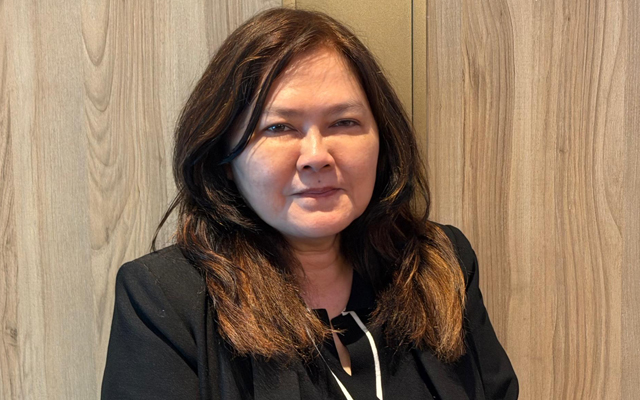Under the leadership of its president, See Swee Sie, the Penang Chess Association (PCA) is positioning the island as a hub for the game, as its inclusive approach – which ranges from developing grassroots talent to hosting international championships – inspires Malaysia's next generation of chess leaders

What role has PCA played in developing young chess talent at the grassroots level?
My guiding vision is “Chess for All.” Everyone deserves the chance to learn, enjoy, and excel in the game.
PCA reaches out to schools, universities and clubs across Penang and works closely with the differently abled community, organising tournaments for blind, deaf, and physically challenged players.
Between January and September 2025, PCA organised more than 30 tournaments and two training workshops, providing young players with consistent opportunities to improve their skills and gain competitive experience.
We also collaborate with Penang Education Department’s co-curriculum division, Department of Youth and Sports Penang, and Penang Sports Council to strengthen chess development programmes. These partnerships ensure that players receive structured support, while the workshops have helped produce more qualified arbiters and officials – strengthening the foundation for future chess growth in Penang.
How does PCA support and train players to compete?
Our approach combines funding, coaching, and structured development. In early 2025, we launched the Penang Chess Brilliancy Fund with RM40,000 (US$9,489) to help promising players participate in international tournaments.
We also engage experienced coaches, and there are plans to bring in top International Masters and Grandmasters for regular training sessions. Alongside coaching, our many tournaments and workshops provide essential exposure and structured growth for players at all levels, thus building a sustainable pathway from local to international competition.
How has hosting international tournaments such as the 23rd ASEAN+ Age Group Chess Championship (AAGCC), and the 2024 East Asia Youth Chess Championship, impacted PCA?
Hosting these international tournaments has sparked a surge in membership and participation across all levels.
More players are now competing in local, state, national, and international events. The AAGCC also coincided with the formation of three new district-level associations in Penang, now affiliated with PCA, alongside a significant increase in individual memberships.
By hosting international events locally, Malaysian players gain valuable experience and exposure to global competition without the high costs of travelling abroad. These tournaments also allow our players to interact with peers from across Asia – including Singapore, Vietnam, Thailand, China Cambodia, the Philippines, Indonesia, and India – broadening their horizons and inspiring higher standards of play.
What long-term goals does PCA hope to achieve from hosting international Chess Championships?
We hope to firmly place Penang as the nexus for chess in Malaysia and the region. More importantly, as a chess hub, we hope to provide ample opportunities for our young players to pit and improve their chess skills against highly rated players from all over the world.
The ultimate end game is the addition to a pool of International Masters and add to our sole International Grandmaster in Malaysia.
What moments have made your leadership journey at PCA meaningful?
A standout moment was seeing chess included as an official event in the Malaysia Games for the first time in 2024, and celebrating Penang’s achievement as overall champion. It proved that Penang players can shine on the national stage.
I also find great fulfilment in the partnerships we have built with government bodies, schools, universities, and sponsors. Together, we are opening doors for young people and communities who may never have had access to chess, and that impact will continue for years to come.
The Penang Chess Brilliancy Fund is especially close to my heart because it reflects our ambition to produce international-calibre players.
Supporting the Lions International Chess Competition for the Differently Abled Community for three consecutive years is another highlight, as it gives players with disabilities a platform to compete, and be recognised for their talent.
Ultimately, the greatest reward is witnessing how chess inspires confidence, nurtures talent, and brings people together. Success on the board matters, but the true legacy lies in the lives we shape and the community we strengthen through the game.
Leading PCA has been rewarding because I am supported by a dedicated and principled committee who share the drive to elevate the sport.
What legacy would you like to leave through your work with PCA?
The legacy I hope to leave is one of sustainability, inclusivity, and integrity – ensuring that the passion for chess continues to flourish long after my presidency.
I want PCA to remain in capable hands, guided by future leaders who are both skilled and principled. With sound financial management, modern equipment, and strong partnerships with government agencies, sponsors, and community stakeholders, the association will continue to host top-tier events and make chess accessible to everyone.
My dream is to see Penang produce its first Grandmaster, supported by an organisation anchored in integrity and friendship. If PCA can continue to foster these values, I believe we will have truly built a legacy that extends far beyond the board.













